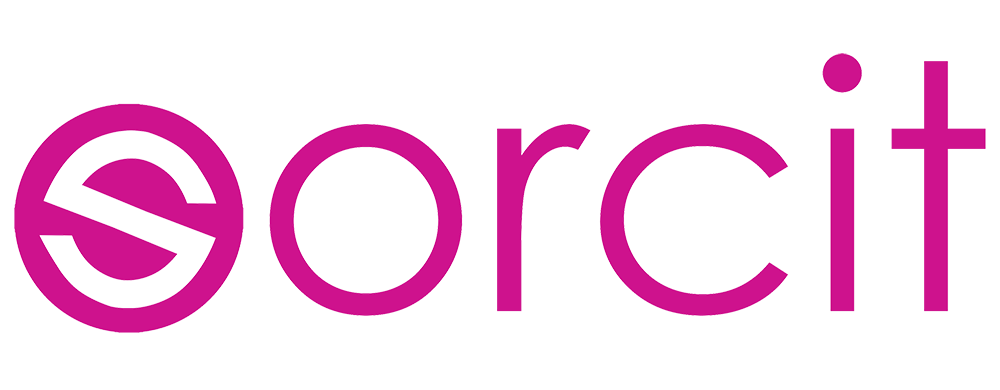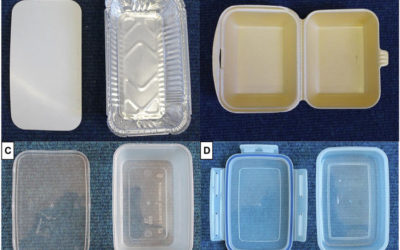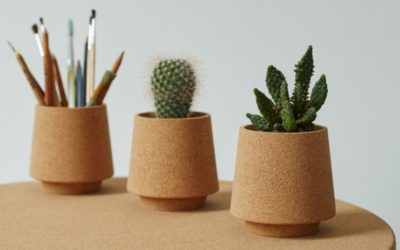When we design products we don’t do it in a vacuum. We’re responding to a need and to solve an existing problem.
Wearables might be the newest craze, making it easier and simpler to have, essential, portable technology. But how far are the new products really solving problems, other than helping us stay even more connected to our app notifications and email?
You can’t level that criticism at this latest bit of wearable kit. Created by Cambridge Industrial Design a new product helps farmers find their dairy cattle. Commissioned by an Irish Company called True North technologies and partly funded by the Irish government’s agricultural research agency, the new product could have a big impact on dairy farmers.
If you don’t know a lot about farming you might not know that dairy farmers are having quite a hard time. With the price of milk dropping they don’t get as much money for their work, which is forcing many farms to close. What’s important in these constrained times, is to ensure their work is as efficient as possible.
This new bit of kit allows farmers to better manage the grazing patterns of their herds and manage their milk yields. Using a sensor it tracks every movement the cow makes so knows when it is chewing grass, lying down or grazing. The information is sent in real-time allowing the farmer to have access to much more data about its herd. It can help them figure out what grass length the cows prefer to chew on so they can manage their fields, it can ensure cows head to the best grazing areas to help with faster milk production. It helps to reduce the time the farmer needs to spend managing the herd.
As farming evolves it is becoming increasingly important for farmers to optimise their operations. This product helps them to to just that.
It also reflects how product design can have a beneficial impact when it is developed in response to a problem. They’re often called “hack days” in the tech industry when you invite specialists from a different field (no pun intended) to come in and highlight the problems they are having. The tech experts can then offer ideas and solutions based on their knowledge.
As product design evolves and technology becomes an increasingly important part of it, hacking this knowledge will help ensure products are developed that will truly help to solve problems.
Fancy reading some more?
Should You Protect Your Employees with Disposable Face Masks?
As the impact of coronavirus continues to be felt around the world, there are frequent questions here in the UK about getting back to work and how that’s likely to happen in the short term. One of the contentious elements in all this has become face masks. Should your...
read moreEco Friendly Takeaway Containers
Picture the average lunchtime in a city centre and the thousands of takeaway containers being purchased by hungry customers. The chances are, these will mostly be made of polystyrene and plastic, and they’ll be sent straight to landfill after use. Increasingly,...
read moreHow Cork is Starting a Quiet Revolution
Environmentally friendly materials are found in things we see every day and harnessing the power of these materials can help reduce our carbon footprints and provide some innovative solutions to daily challenges. Cork is one of those materials you might not think of...
read more


